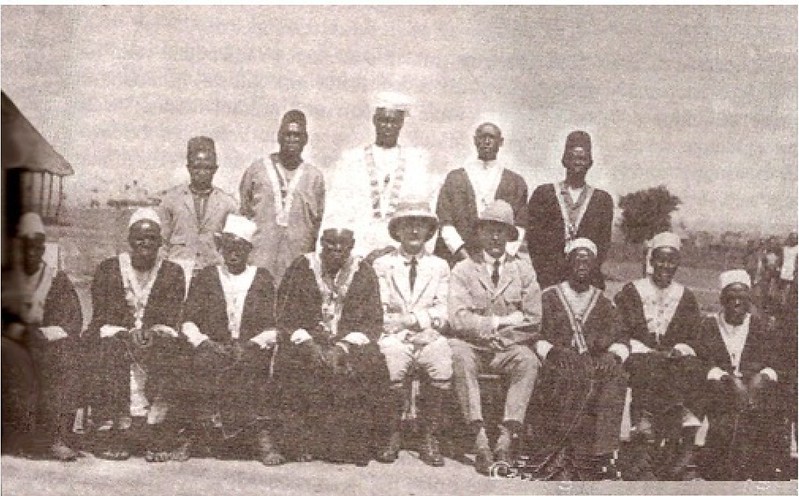Updated: 0 December 0000 00:00:00

April War Fallout: Will Tribal Polarization Lead to Civil War?
By Abdul Rahman Al-Ajeb
With the outbreak of the devastating April War, tribal polarization has been escalating to support the conflicting parties. Its well-known that in third-world countries, including Sudan, tribal communities play a significant social role and form the backbone of societies.
Tribes have four key elements: political, social, economic, and cultural. Each of these elements will have an impact on the current conflict and polarization.
From a historical perspective, the broad powers granted by the British colonial administration to native administrations, as the main center for implementing colonial policy, led to conflicts within the same tribe due to individual land usage. This also led to conflicts between pastoralist and farming tribes over scarce resources. The policy of distributing administrative units also played a significant role, imposing borders between tribes, creating a social division that still exists.
As a political and economic factor, the tribe appears in Mahmoud Mamdanis theory, which suggests that tribalization is an inheritance of colonization, which used tribal division as a tool to facilitate its rule. Political privileges were granted to specific tribes, while others were marginalized. Clear policies were drawn to make political representation and economic privileges linked to tribal allegiance to the group that colonialism established as the basis for state formation. This policy contributed to creating a tribal-based political identity alongside bureaucrats.
During the era of the oppressive Salvation regime, the tribe gained a strong influence in the political and social scene of our country due to the catastrophic policies and practices of the ousted Salvation regime, which held the country in its grip for three decades. The situation became more intense and dangerous due to the escalation of tribal nationalism resulting from these policies and practices. This was due to the exhaustion of civil society institutions, including political parties. Citizens lost trust in these institutions and retreated to their tribes and clans in search of protection, security, and safety.
There is a necessity for a realistic approach to the tribal factor in Sudan. This certainly has no relation to any understanding that sees it as an invitation to elevate tribalism. We do not intend to frame the tribe and give it the legitimacy of acceptance and control. We fully understand that the concept of the tribe inherently contradicts the project of building a modern state that is based on rejecting affiliation and bias except to what is humane. This is what political party leaders, armed liberation movements, military generals, Rapid Support Forces, and active civil society organizations must understand.
All political actors must fully understand that the reconstruction of the Sudanese state occurs through the participation of all its political, social, cultural, tribal, and ethnic components, not just political parties or armed movements or generals who adopt slogans and noble values like democracy, building a new Sudan, social justice, and equality. These slogans have mostly been repeated by those political forces and generals until they lost their content and became ineffective.
The reality of social division and the fragmentation of Sudanese societies that the country is experiencing now require all political party leaders, national liberation movements, both civil and military, and active civil society organizations to present theoretical proposals to overcome the dilemma of social division. This is for the sake of building the new united Sudan and creating a unifying framework for tribes and ethnicities that goes beyond simple affiliation to complex affiliation, which leads in turn to the establishment of a true national state.
From the current reality that our country is experiencing, it seems clear that the concept of nationalism in Sudan is one of the concepts that the majority of political actors seek to establish as a framework to solve societal construction problems and create a unifying unit for tribes and ethnicities in Sudan. Nationalism is essentially an ideological movement aimed at achieving independence, unity, identity, and preservation for the sake of a people who believe they form a nation.
To overcome the aftermath of the devastating April War and prevent the current tribal polarization from leading to a civil war, all parties, political actors, and civil society organizations need to work earnestly and practically within Sudanese communities to transcend simple affiliation to complex affiliation. This will lead to the new Sudanese national state that represents everyone and achieves the values of democracy, social justice, and everything that is humane. If everyone works earnestly and practically to achieve these goals and noble values, the current April War will certainly not lead to a civil war, as some have feared and speculated.


